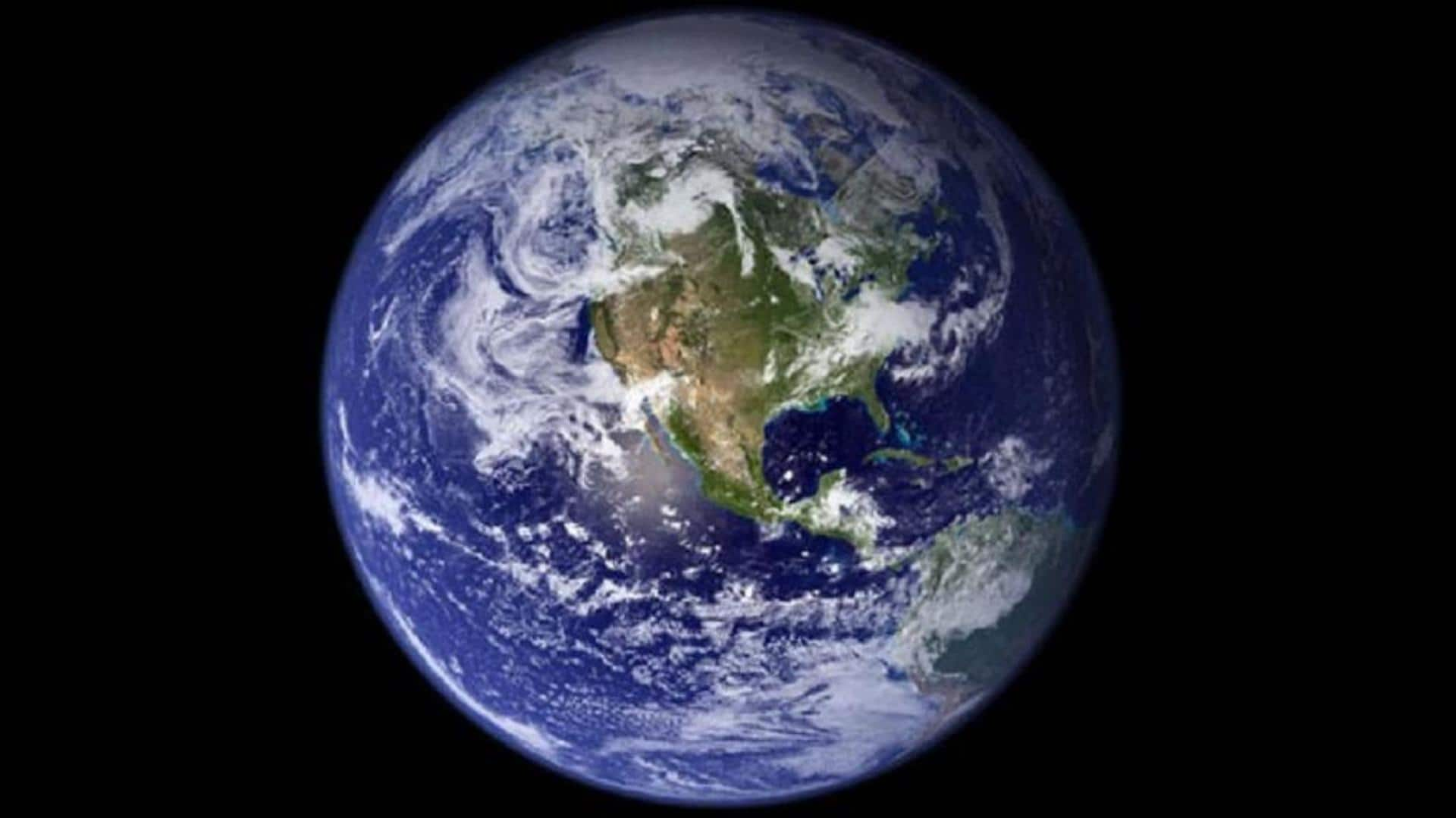
Scientists find substance that might have kickstarted life on Earth
What's the story
We might be one step closer to discovering how life came to be on our home planet. Scientists from Rutgers University have identified part of a protein, called Nickelback, that could provide hints to detecting planets that support life. This finding stems from their investigation surrounding the primordial origins of metabolism, a set of chemical reactions that first powered life on Earth.
Context
Why does this story matter?
While the hunt for extraterrestrial life has been steadily picking up pace, much remains to be learned about the origin of life on our planet. Scientists have been long puzzled about how Earth came into being and the investigations that have been cropping up lately might help us answer the one key question that has echoed through the ages.
Study
Nickelback has 13 amino acids and binds two nickel ions
Based on laboratory studies, the Rutgers scientists believe that one of the most likely chemical substances that kickstarted life was a simple peptide called "Nickelback." It is made up of 13 amino acids and binds two nickel ions. A peptide, which constitutes a protein, is made up of a few elemental building blocks known as amino acids.
Implications
Study has important implications in the search for extraterrestrial life
According to Vikas Nanda, a researcher at Rutgers, the study has important implications in the search for extraterrestrial life because it gives researchers a new clue to look for. NASA scientists specifically look for "biosignatures" when probing for signs of life in the universe. Peptides like "Nickelback" could become the latest biosignature to detect planets on the verge of producing life, added Nanda.
Information
This study shows that simple protein metabolic enzymes are possible
There are many theories about the origins of life, but very few laboratory tests that confirm these ideas. This study shows that simple protein metabolic enzymes are possible and that they are stable and active, which makes them "a plausible starting point for life."
Official words
"We think we've found one of the pioneer peptides"
"Scientists believe that sometime between 3.5 and 3.8 billion years ago there was a tipping point, something that kickstarted the change from prebiotic chemistry—molecules before life—to living, biological systems," said Nanda. "We believe the change was sparked by a few small precursor proteins that performed key steps in an ancient metabolic reaction. And we think we've found one of these 'pioneer peptides.'"